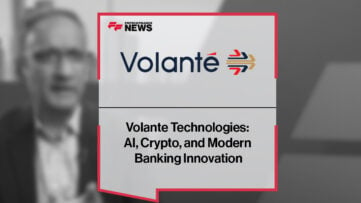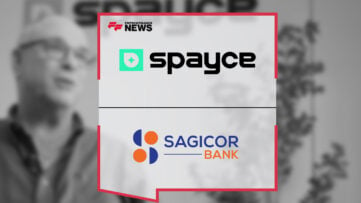Breaking News

Open APIs Are a Positive Step But FinTech Providers Must Proceed With Caution
A report calling for the creation of an open banking standard which would make it easy to share and use financial data has been supported by the Government. The Open Banking Working Group which was set up by the Government, has stated that bank data including information about products and services, should be made available as open data so that services such as comparison tools, can be built allowing customers to get more out of their financial relationships.
Luke Scanlon urges Fintech providers to consider the importance effective liability and security frameworks.
(See Open Banking Standard report here – http://www.scribd.com/doc/298569302/The-Open-Banking-Standard)
Luke Scanlon, Lawyer at Pinsent Masons Said: “The best Fintech companies recognise the importance of understanding liability and security frameworks – customers will not develop trust in new and innovative services that require permission to access banking data unless they are completely sure that their investments and savings will not be placed at greater risk through the use of those services.
It seems that the first response many consumers have to open banking data is one of fear – that their savings and investments will be put at risk – therefore for Fintech companies it is of critical importance that they communicate the liability and security rules that will underpin the proposed API framework in a way that gives consumers confidence.”
Yvonne Dunn, Partner at Pinsent Masons Said:, “In the wider context of the changes introduced by the Payment Services Directive 2, the open banking APIs framework will place the UK in a position to lead regulatory change in relation to open banking. Comparison tools and ‘how to save and invest dashboards’ are just two examples of the types of innovative solutions behind the UK Government’s push to develop an open banking API standard.
While much work still needs to be done from a technical perspective to ensure that legacy systems can be adjusted to enable an open API framework, there is also work to be done from a legal and regulatory perspective. Consumers will only feel confident allowing third parties to access their banking data, including their investment records, transaction histories and current and savings account data if they know who carries the risk when something goes wrong. Transparency as to the liability, privacy and security rules that will underpin the framework need to be established and also communicated to consumers in a clear and transparent manner.
Banks will also want to ensure that their voices are clearly heard. They will want to ensure that these rules are formed in a way that balances the cost of ownership and access to the infrastructure required to maintain the underlying systems that enable access to banking data with the need to encourage innovation.”
- DIFC’s Dubai FinTech Summit Expands Globally with Pakistan Digital Authority Read more
- GoldenPeaks Capital Secures Largest PPA Deal in Hungary With Hankook Read more
- Volante Technologies: AI, Crypto, and Modern Banking Innovation Read more
- Payment Spayce and Sagicor Bank: Innovating Fintech for the Caribbean Market Read more
- Top Companies Supporting Former Workers with German Pension Refunds Read more












